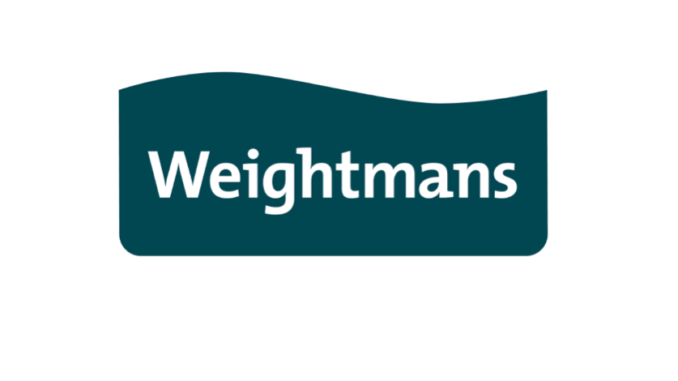
Top 50 UK law firm Weightmans has partnered with the University of Liverpool and legal AI company Kira Systems to develop an automated system capable of extracting data ‘to power a decision engine [for] legal reasoning’.
The solution is aimed at ‘identifying [legal] arguments for settling cases and speeding up decision making by combining the metadata extraction capabilities of Kira with a legal decision engine’ created jointly by experts at University of Liverpool and Weightmans.
Or, in lay person’s terms: Kira’s NLP capability will extract information from documents or other data sources, that data will then be run through a logic tree that is able to respond to the extracted information and make, at least in programming terms, ‘reasoned choices’.

Weightmans said that the system had been trialled already in its insurance practice, a mainstay of the firm, and will be used by its lawyers on client work, hopefully by this autumn.
A number of insurance-focused law firms in the UK have spent considerable time looking into better use of legal data, often developing automated workflow tools in conjunction with data extraction systems. Clyde & Co for example has invested significant energy into data analytics, while Kennedys was an early starter in this area and has developed several iterations of its Klaim tool to help speed up matter management for insurance clients, as well as extracting data that can better inform their clients of what a pipeline of claims may mean for them (see feature in Artificial Lawyer here.)
Kennedys has also teamed up with the University of Manchester to develop next-generation fraud prevention software for its clients using machine learning. They have also formed a partnership in India with Cognitive Computing Services, which is focused on rapid prototyping of text analytics and machine learning applications.
The insurance sector is especially interested in legal applications of machine learning to gain efficiencies and insights because of their focus on handling large volumes of claims and the need to reduce the cost of process level legal work. The UK, and especially the City of London, remains one of the world’s top insurance markets, and this has led to a virtuous combination of clients, legal tech companies, academics and law firms all wanting to work in this area.
The key partner at the University of Liverpool for the Weightmans project has been the well-known Head of Computer Science, Professor Katie Atkinson, and also Professor Trevor Bench-Capon. The project apparently started back in 2016.
Now, the law firm, which has 1,400 people spread across offices in the UK, has signed an agreement with Kira, which will provide the NLP and machine learning capability needed for the extraction of relevant data, which will then feed the reasoning system.
Stuart Whittle, Director of Innovation at Weightmans, said of the project: ‘The pace of change in the professional services market requires us to deliver greater efficiency, accuracy and cost reduction for our business and our clients.’
‘We’ve focused on legal reasoning and information extraction because these are areas in which AI can potentially deliver massive gains in speed and accuracy…..We are excited to be partnering with Kira Systems in this regard, one of the most trusted contract analysis software products in the world,’ he added.
Chloe Doyle, Account Director EMEA at Kira Systems, commented: ‘The firm had a vision to expand the use of our technology beyond the traditional due diligence and lease review applications and into the litigation, transactional and claims business space. We are delighted to have played a part in their success.’
4 Trackbacks / Pingbacks
Comments are closed.